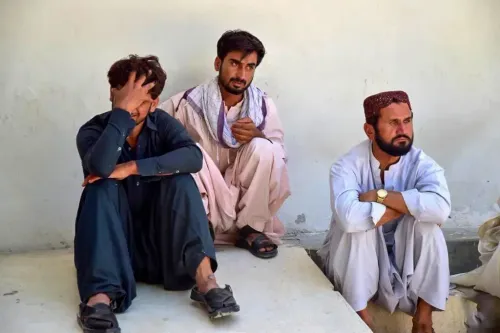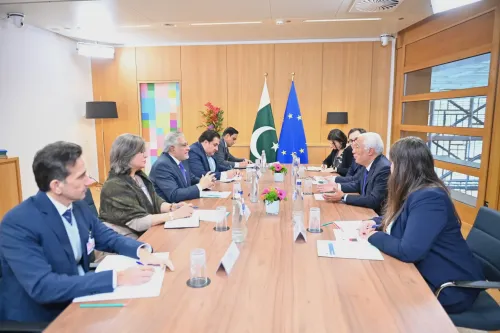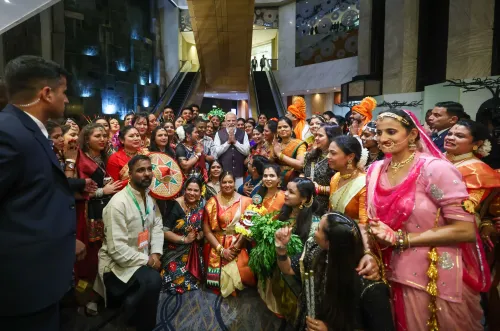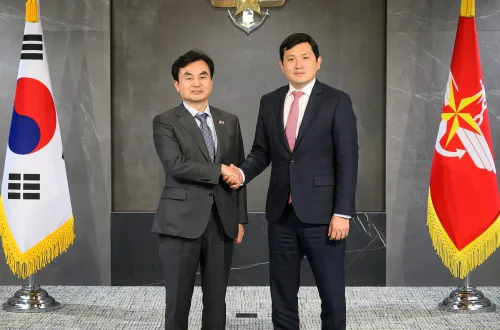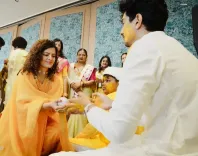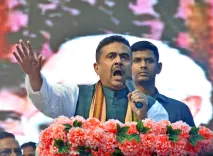Should Muslim Women in India Choose Empowerment over Extremism?
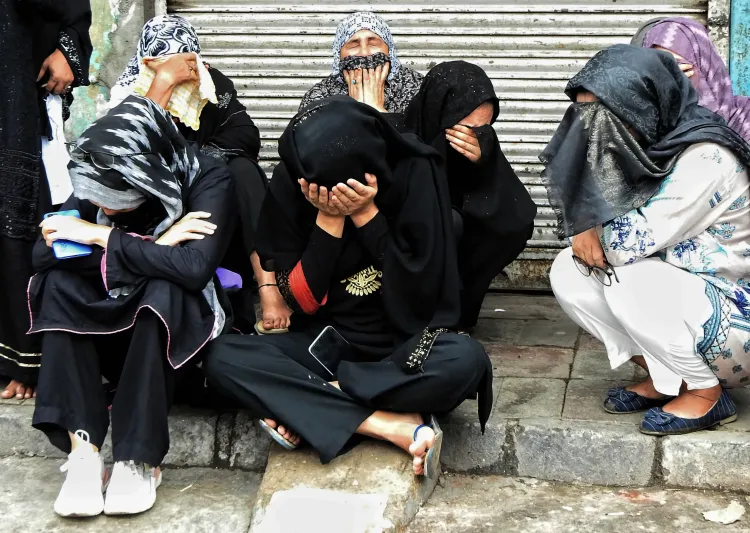
Synopsis
Key Takeaways
- Empowerment is essential for Muslim women.
- Individual actions should not define a community.
- Education and leadership are keys to progress.
- Global Muslim women are breaking barriers in various fields.
- Rejecting hate ideologies is crucial for future generations.
Jerusalem, Nov 21 (NationPress) Disturbed by the involvement of a female doctor in a terror group linked to a recent car explosion near Delhi's Red Fort, a Turkish peace advocate has urged Muslim women in India to prioritize empowerment over extremism.
Turku Avci, a researcher specializing in gender, extremism, and social movements in West Asia based in Jerusalem, expressed that she felt shocked and profoundly saddened by the unfolding events in India, as reported by the UK-based Milli Chronicle.
Addressing the unsettling situation, Turku stated in a social media video, “A woman… a doctor… someone entrusted with healing — now at the center of a disturbing terror investigation. This is not who Muslim women are. This is not what our faith teaches. And this is not the legacy our daughters deserve.”
She emphasized that such isolated incidents should not overshadow the global perception of Muslim womanhood, declaring, “Our daughters deserve a future shaped by strength and progress, not narratives of fear.”
Turku referenced examples from the Middle East and prominent Emirati figures like Mozah Al Kindi and Sarah Al Hosani as exemplars of modern leadership, innovation, and national advancement, highlighting that Muslim women continue to ascend in influence worldwide.
“Across the Middle East, Muslim women are dismantling barriers in medicine, education, governance, and technology. They prove daily that faith and empowerment coexist,” she remarked, as cited by Milli Chronicle.
She acknowledged that Muslim women in Europe, including educators, scientists, entrepreneurs, and artists, carry their identities with dignity while enriching societies with compassion and intellect.
“True empowerment arises from education, leadership, and compassion, not radicalization or violence,” Turku stated.
The researcher recalled the contributions of Indian politicians like Syeda Anwara Taimur, the former Chief Minister of Assam, as an early instance of Muslim women’s leadership at the highest echelons.
In her social media message, Turku called on Muslim women in Turkey, the Middle East, Europe, and India to reject ideologies founded on hate.
“When a Muslim woman stands tall,” she said, “her community rises with her — and the world becomes a better place,” she concluded in her video.

